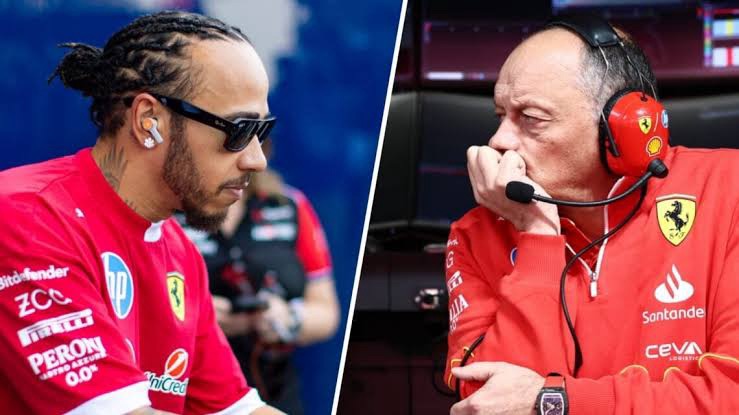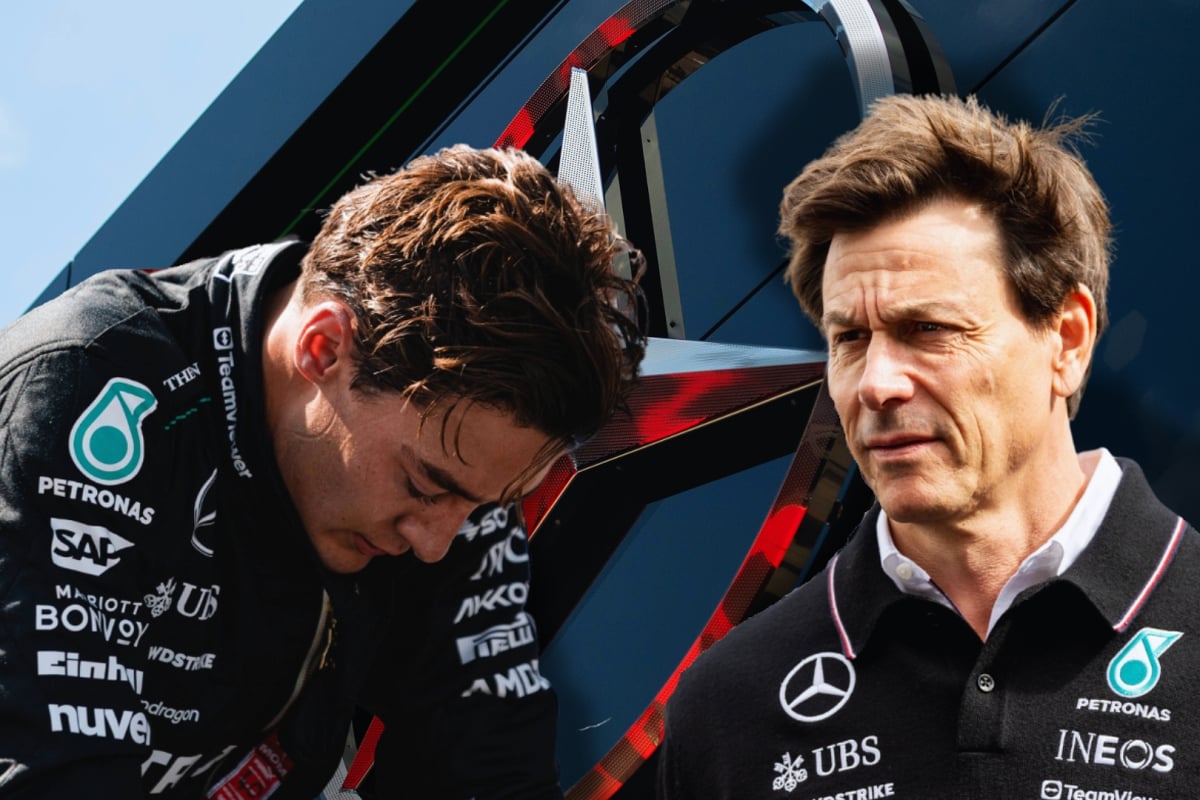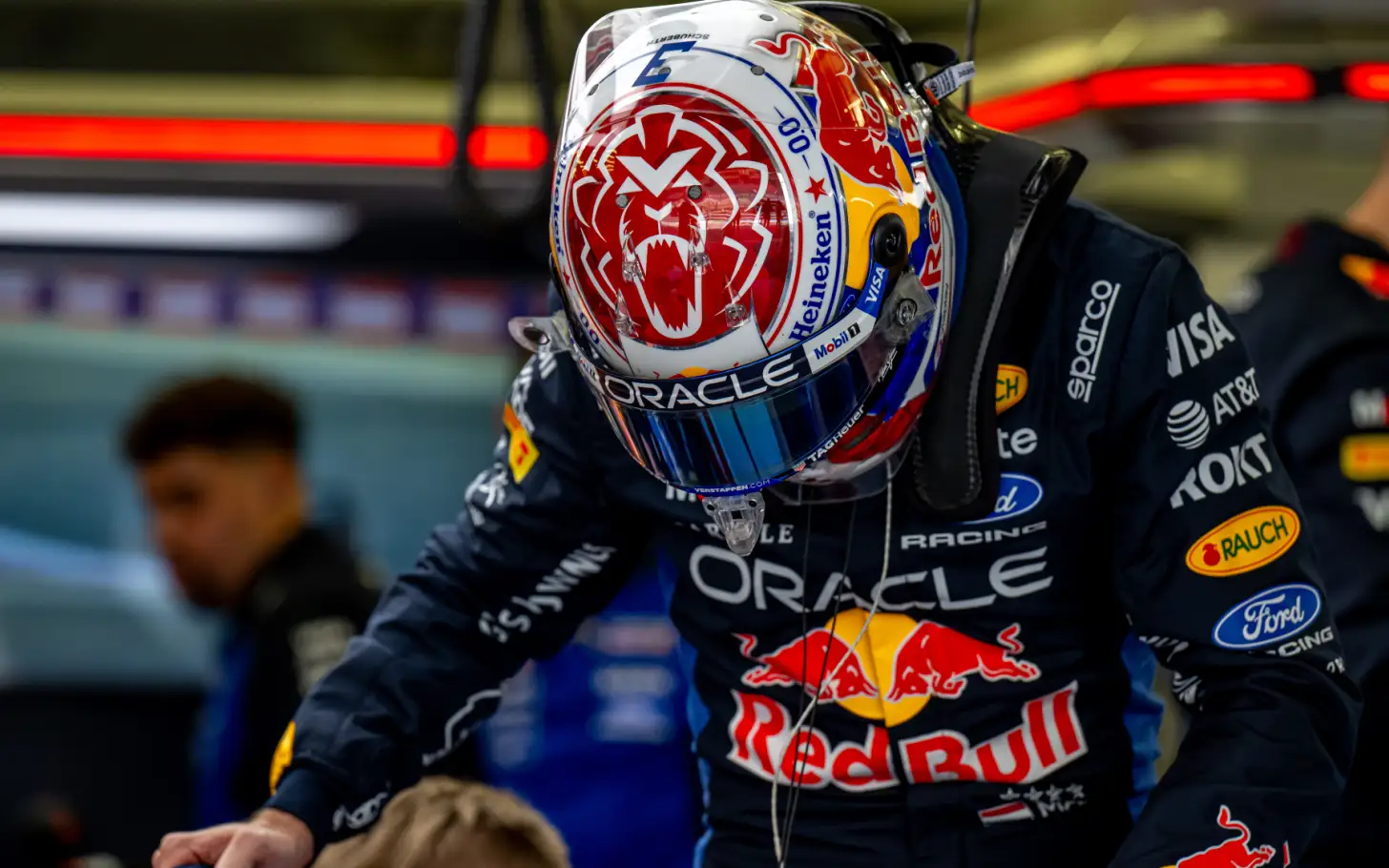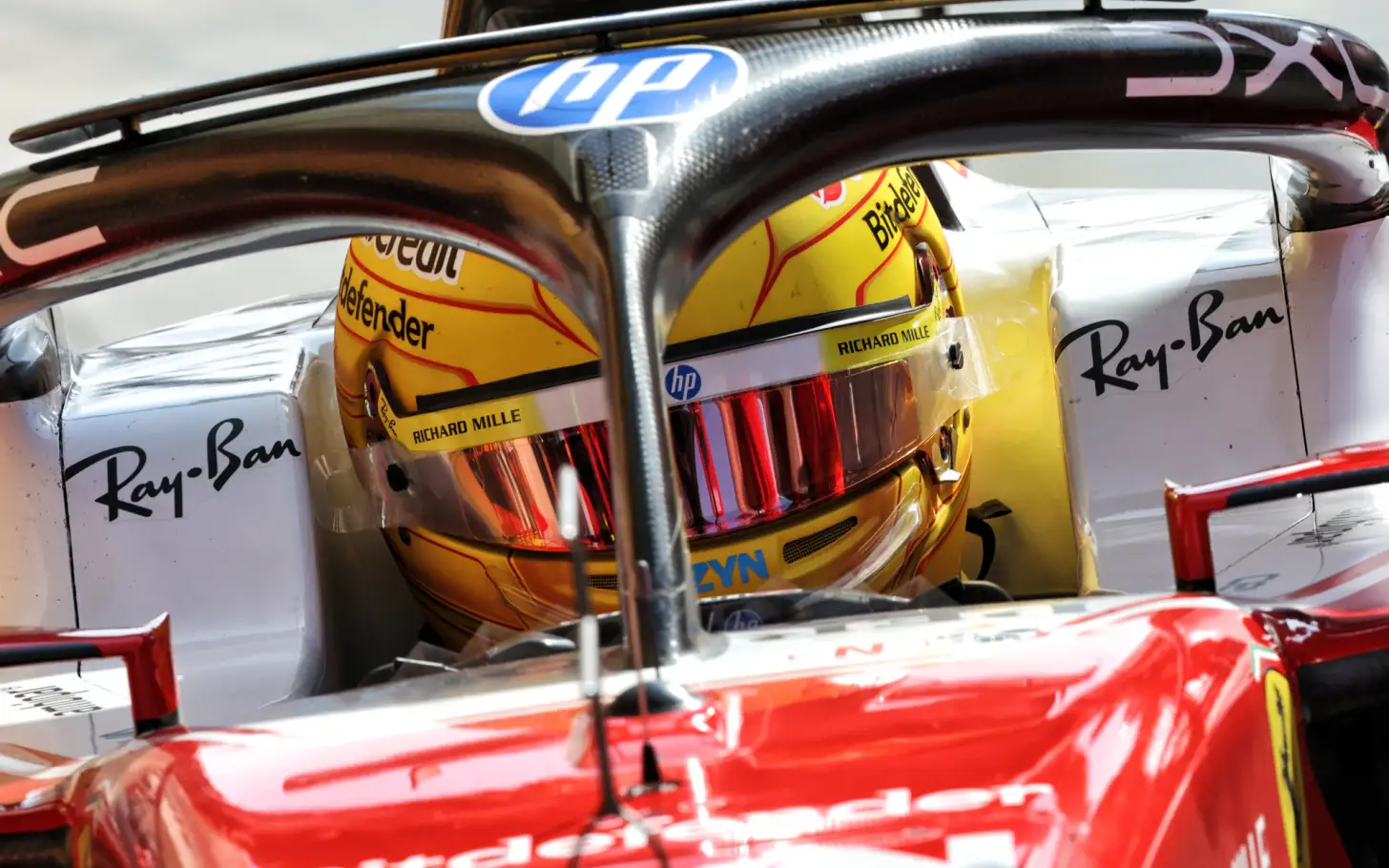FIA Breaks Silence on Red Bull-Backed Rally Stars’ Disqualification from 2025 Dakar Rally
In a move that has sparked widespread discussion across the motorsport world, the Fédération Internationale de l’Automobile (FIA) has officially clarified the circumstances surrounding the disqualification of two of rallying’s biggest icons—Carlos Sainz Sr. and Sébastien Loeb—from the 2025 Dakar Rally. The ruling followed serious crashes that left both drivers’ vehicles with compromised safety structures, ultimately forcing them out of the race.
Both Sainz and Loeb entered the 2025 edition of the Dakar Rally as strong contenders, representing the Red Bull-backed lineup with high expectations. Carlos Sainz Sr., the 62-year-old rallying legend and reigning Dakar champion, was hoping to defend his 2024 title and add a fifth win to his storied career. Just days before the event began, Sainz had a sentimental moment at Ferrari’s Fiorano circuit, where he shared the track with his son, Formula 1 driver Carlos Sainz Jr. The elder Sainz piloted a Ferrari F1 car as a symbolic send-off, a fitting tribute from the Scuderia to a man whose impact spans generations and racing disciplines.
But the warm tributes and hopeful expectations quickly gave way to harsh reality during the second stage of the Dakar. Sainz suffered a major rollover crash in his Ford Raptor, and although he impressively managed to finish the stage, the damage to the vehicle was far from cosmetic. The roll cage—a vital structural component designed to protect drivers in high-impact incidents—was deemed seriously compromised.
Sébastien Loeb, a nine-time World Rally Champion and one of the most decorated drivers in rally history, met a similar fate the following day. Loeb’s car was also involved in a severe accident during Stage 3, which resulted in comparable damage to the safety cage. In both cases, the FIA acted swiftly to enforce their safety protocols, making it clear that the affected vehicles could not legally continue the rally.
Speaking to the media, FIA cross-country rally director Jérôme Roussel explained the organization’s stance. “When a car experiences a crash during a stage, it must be thoroughly inspected by our technical team before any repairs can be initiated,” he stated. “If there’s any indication that the roll cage has been damaged, that car is immediately deemed unfit to compete further. This rule isn’t new—it has applied for decades in all FIA-regulated competitions.”
Roussel elaborated on the technical reasons behind this strict enforcement. According to him, even though some repairs might seem feasible, fixing a roll cage to FIA standards in remote rally environments like the Dakar is practically impossible. “Repairing a roll cage isn’t something you can do with a few tools and welding equipment in the desert,” he said. “The homologation process requires that the roll cage remains identical to its original form. Anything less would compromise the structural integrity that keeps our drivers safe.”
This uncompromising stance led to the disqualification or voluntary withdrawal of not only Sainz and Loeb but also fellow Red Bull-supported racer Laia Sanz, whose vehicle reportedly suffered similar issues. The FIA ruled that all three vehicles no longer met the homologation standards required to remain in the competition.
While the decision was undoubtedly a bitter pill to swallow for fans and drivers alike, the FIA stood firm in defending its protocols. “Once a roll cage is compromised, it’s no longer the same structure we approved for competition,” Roussel asserted. “Carlos, Laia, and Seb were all removed for the same reason—safety. And on that front, we make no compromises, no matter how famous or skilled the driver may be.”
The turn of events marks a disappointing end to what was shaping up to be another thrilling campaign for Sainz, who entered the rally on a wave of momentum after his historic 2024 victory. Despite the premature exit, his legacy remains undiminished, with his performance continuing to inspire the motorsport community.
For Loeb, the crash represents yet another setback in his quest to finally conquer the Dakar Rally—a title that has repeatedly eluded him despite numerous attempts and strong showings. Whether this incident will mark the end of his Dakar ambitions or serve as motivation for another return remains to be seen. Given his resilient nature, few would bet against him lining up for another shot in the future.
Ultimately, the 2025 Dakar Rally has once again proven why it is considered the most demanding and unforgiving event in off-road motorsport. And for the FIA, the message echoed loud and clear: safety regulations are not just guidelines—they are non-negotiable cornerstones of competition.



